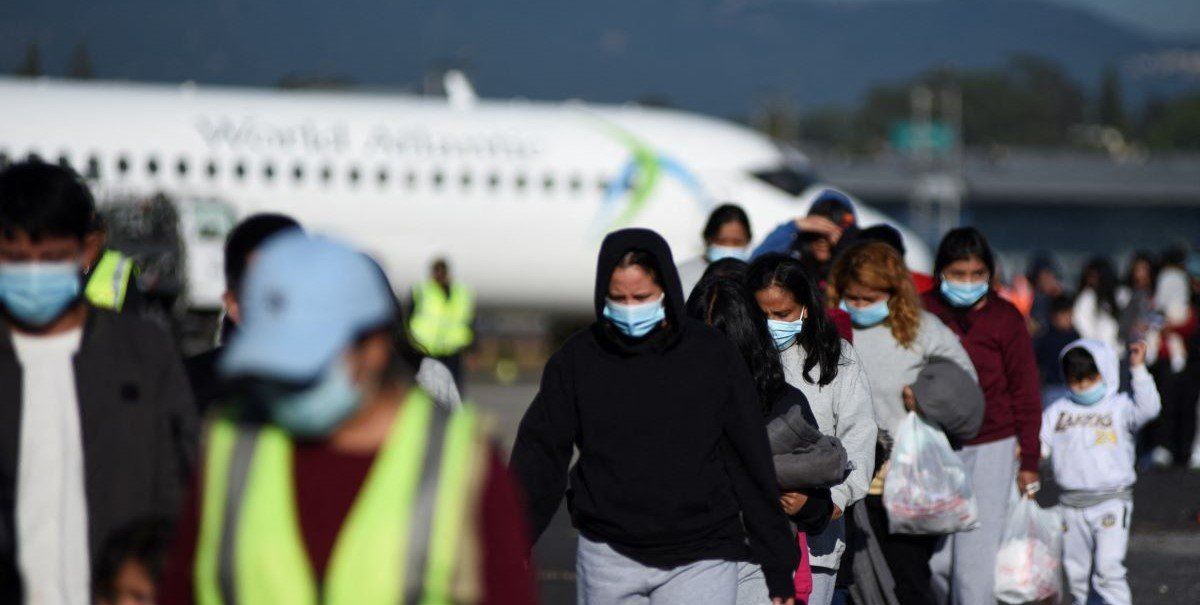Colombian President Gustavo Petro’s challenge to Donald Trump over deportation flights lasted less than a day. But as the US administration ramps up deportations of undocumented migrants – focusing for now on those convicted of crimes – Latin American leaders are holding an emergency summit this Thursday.
Two key countries to watch in all of this:
First, Venezuela. Since 2015, political and economic crises have driven out nearly 8 million people. At least 270,000 of them live undocumented in the US. Despite long-standing enmity between los Yánquis and the socialist regime of Nicolás Maduro, Caracas has been open to deportation flights.
“He’s been trying to play nice with the new administration,” says Risa Grais-Targow, a regional expert at Eurasia Group. In part, Maduro wants to keep the US from reimposing sanctions on the oil sector, which Washington was technically bound to do after Maduro rigged his reelection last July.
“It’s unclear whether Trump will be moved,” says Grais-Targow. “He’s repeatedly said the US doesn’t need Venezuelan oil.” Without an agreement, the US will have to fly Venezuelans to third countries.
Second, Honduras: Nearly 300,000 Hondurans are at immediate risk of deportation. Honduras has been readying a support network for them but also, spicily, signaling that excessive US pressure could push the tiny country even closer to China.
The big question: Will a more aggressive US increase opportunities for a commercially active China to act as a counterbalance in the region more broadly?
